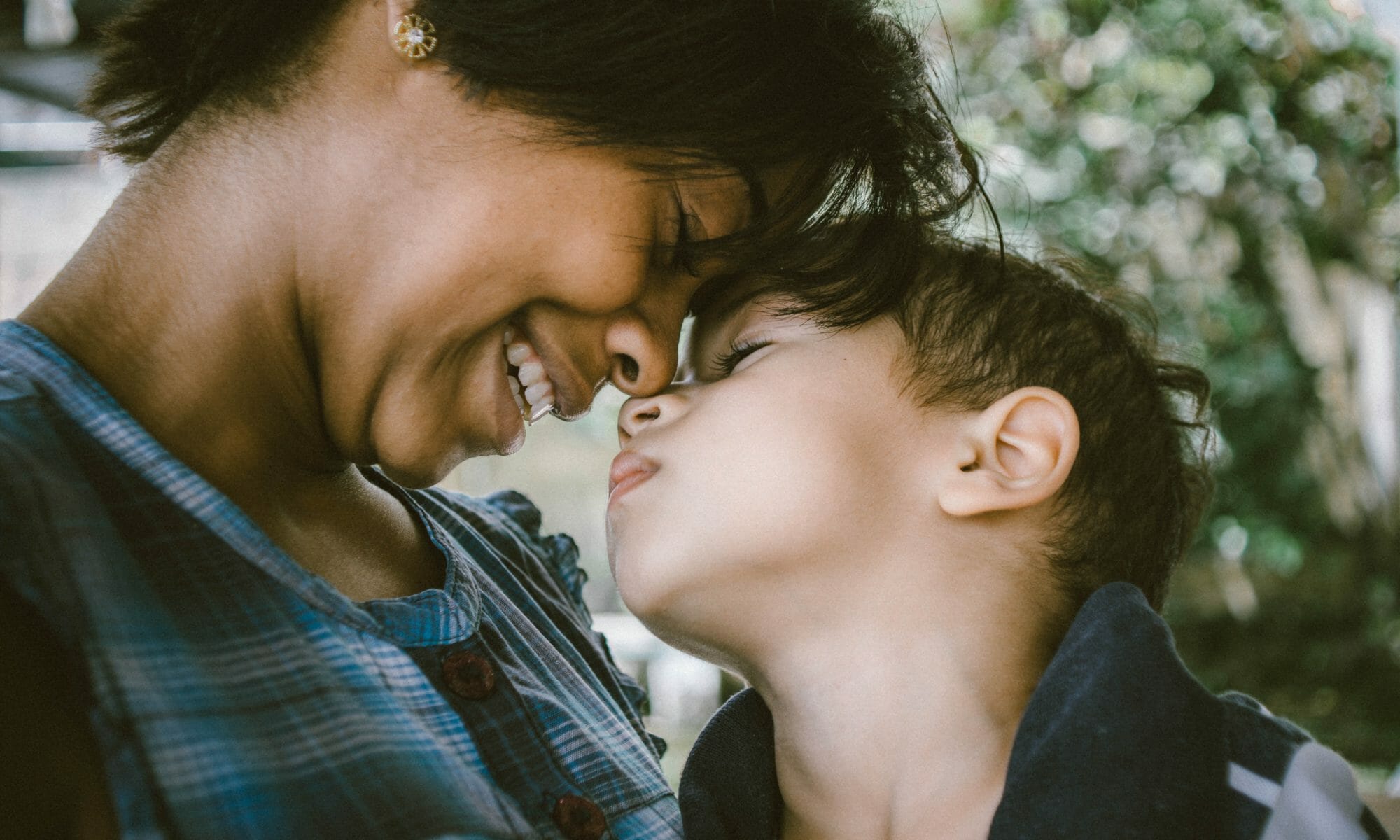As a parent, you naturally want your children to brim with happiness and confidence, fostering a strong sense of self-esteem.From their earliest experiences, the way you communicate and behave plays a vital role in shaping their perception of themselves. Every tone, gesture, and expression you share leaves a lasting imprint on their developing minds. In this article, we will guide you through practical steps to nurture and strengthen your child’s self-esteem, helping them grow into confident and self-assured individuals.
The importance of building self-esteem in children
Self-esteem is a critical component of a child’s overall well-being and development. When your children have a healthy sense of self-worth, they are more likely to approach life with confidence, resilience, and a positive outlook. Conversely, children with low self-esteem may struggle with a range of challenges, including academic difficulties, social issues, and mental health problems. As a parent, investing in your child’s self-esteem can have a significant and lasting impact on their life.
Signs of low self-esteem in children
Spotting signs of low self-esteem in kids is like finding the first clue to a mystery. Here are some hints:
- They often put themselves down or say mean things about themselves.
- They’re scared to try new stuff or do hard things.
- They avoid hanging out with others or talking to them.
- They get upset easily if someone criticizes them or they mess up.
- It’s hard for them to take compliments, even nice ones.
- They always need someone to tell them they’re doing a good job.
If you see these signs or anything else that worries you, it might be time to help them build their confidence and self-esteem.
Here are Some Factors that affect a child’s self-esteem
A child’s self-esteem is influenced by a variety of factors, both internal and external. Let me explain some factors that affect a child’s self-esteem:
Number 1 – Family relationships :
The way parents and other family members interact with children has a significant impact. Positive relationships make children feel better about themselves, whilst negative interactions might lower their self-esteem.
Number 2 – Friend relationships :
Having good friends helps boost a child’s self-esteem. On the other hand, bullying or feeling left out by peers can lower their self-esteem.
Number 3 – School performance :
How well a child does in school affects their self-esteem. Successes can make them feel capable and confident, while failures can make them doubt their abilities.
Number 4 – Society and culture :
The messages children receive from society and culture also shape their self-esteem. What they see and hear about values, norms, and expectations can influence how they view themselves.
Number 5 – Personality traits :
Some children are naturally more prone to self-doubt or insecurity because of their temperament and genetics. Understanding this can help us support them better.
So, What are the Steps to boost your child’s confidence?
As a parenting coach, We understand how important it is to nurture your child’s confidence. Building self-esteem in your child is a journey, but with the right strategies, you can make a significant impact. Here are some steps to help boost your child’s confidence:
Encouraging Positive Self-Talk and Affirmations
Be a role model. As children learn by observing adults. Use positive self-talk around your child, even when facing challenges. Talk about your own efforts and how you’ll overcome obstacles. When you hear your child speak negatively about themselves, offer gentle encouragement and reframe their thoughts in a positive light. Introduce affirmations like “I can do this,” “Challenges help me grow,” and “I am loved and respected.” Repeating these positive statements can become a habit, shaping a strong and optimistic self-image in your child.
Setting Realistic Goals
Always try to work together with your child. And set realistic and achievable goals for every task. These should challenge them, but not overwhelm them. When you Celebrate every small victory along the way, that will reinforce their sense of accomplishment. This helps your kid to see progress and builds their confidence incrementally.
Providing Opportunities for Success and Praise
Create environments where your child can succeed. Whether it’s in school, extracurricular activities, or personal projects, find ways for them to experience success. Offer genuine, specific praise that highlights their efforts and strengths. For instance, instead of a generic “Good job,” say, “I’m proud of how hard you worked on your project.”
Teaching Resilience and Problem-Solving Skills
Equip your child with the tools to handle challenges. Teach them to view setbacks as learning opportunities. Discuss strategies for overcoming obstacles and practice problem-solving together. This builds resilience and helps them approach future challenges with confidence.
Balancing Praise and Constructive Feedback
It’s crucial to strike the right balance between praise and constructive feedback. Avoid overly harsh criticism. Instead, provide specific, actionable feedback that helps your child improve without feeling discouraged. For example, “I noticed you worked hard on your math homework. Let’s review this part together to make it even better.”
Building a Supportive and Nurturing Environment
Ensure your home is filled with love, acceptance, and encouragement. Make your child feel valued and respected for who they are. A supportive environment is the foundation of a strong sense of self-worth.
Seeking Professional Help When Needed
If you notice persistent signs of low self-esteem that don’t improve with these efforts, consider seeking professional guidance. A child therapist or counselor can provide specialized support and interventions to help your child build a stronger sense of self-esteem.
Remember, building confidence in your child is an ongoing process, but your efforts will make a lasting difference. You are your child’s biggest cheerleader, and with your support, they can thrive and believe in themselves.










